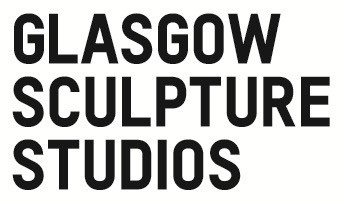zofia kulik
Instead of Sculpture
1 October – 3 December 2016
Glasgow Sculpture Studios has invited Polish artist Zofia Kulik (b. 1947) to present her significant—yet relatively unknown—project Instead of Sculpture 1968–71. This is first time that GSS have presented an historic work as part of its programme and the first time this work has been shown in its entirety since it was first produced.
Kulik’s project, first shown as her degree exhibition at the Department of Sculpture at the Academy of Fine Art, Warsaw in 1971, presented radical thinking about the intersection of film and sculpture, proposing a reinvention of the sculptural medium. The work consists of serialised photographic works that are grouped as narrative tableaux, rather than chronologically. This work has been shown once, and only partially, since its original presentation, yet it remains historically significant, and enduring in asking questions around the relationship between sculpture, film and documentation, still pertinent in discussions today.
_______________________________________________________
Zofia Kulik (b. 1947, Wrocław, Poland) lives and works in Warsaw (Łomianki). From 1965 to 1971, she studied at the Sculpture Department of the Warsaw Academy of Fine Arts. After her graduation, Zofia Kulik and Przemysław Kwiek formed the artistic duo KwieKulik, a project which lasted until 1987 and was one of the most important groups of the Polish neo-avant-garde. They carried through countless performances, interventions and artistic demonstrations, as well as creating objects, films and photographs. In their private apartment in Warsaw, the duo set up an independent gallery called the Studio of Activities, Documentation and Propagation (PDDiU), in the frame of which an archive of polish art from the 70s and 80s was created. Since 1987, Zofia Kulik has been working individually, creating black-and-white multiple exposure photographs, objects, installations and films.
_________________________________________________________
This exhibition is kindly supported by The Henry Moore Foundation and the Polish Cultural Institute in London.




